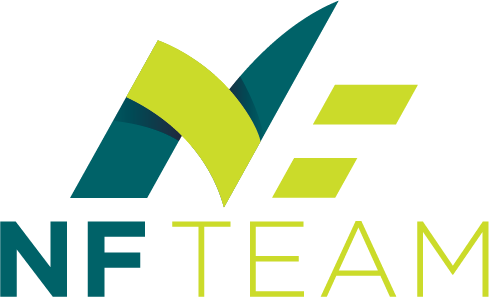
The NF Swine Project at the University of Wisconsin is the primary research project supported by the NF Team.
ABOUT THE PROJECT
Recent breakthroughs in NF research at the University of Wisconsin-Madison have made significant progress using a swine model for NF1, which more closely mimics human conditions compared to traditional mouse models.
The UW-Madison NF Swine Project has advanced research in several key ways:
1. Swine with the NF mutation more closely resemble humans in their cognitive, vascular, and tumor development than mice. This means discoveries being made in the swine models will be more directly applicable to humans, shortening the time it takes to get successful therapies approved and ready for use in human patients.
2. UW-Madison has ample space within their state-of-the-art swine facilities and surgical facilities for this project. In fact, no other advanced livestock facility in the United States has the same amount of space, advanced equipment, and experts for a similarly sized project. These facilities and instruments have provided the NF Swine Project the ability to raise and study the animals under carefully controlled conditions. Researchers are able to study cognitive effects or tumor growth over short and long periods of time. These resources also allow for large-scale testing and validation of promising drugs or therapies before use in humans with NF.
3. The Swine Project will also increase the supply of NF tissue available to researchers across the United States for their studies. UW-Madison has pledged to provide this tissue at cost to researchers and will not see a financial profit from the sharing of this tissue. The primary goal of the program is to contribute to the quality and efficiency of NF research already occurring across the country.
